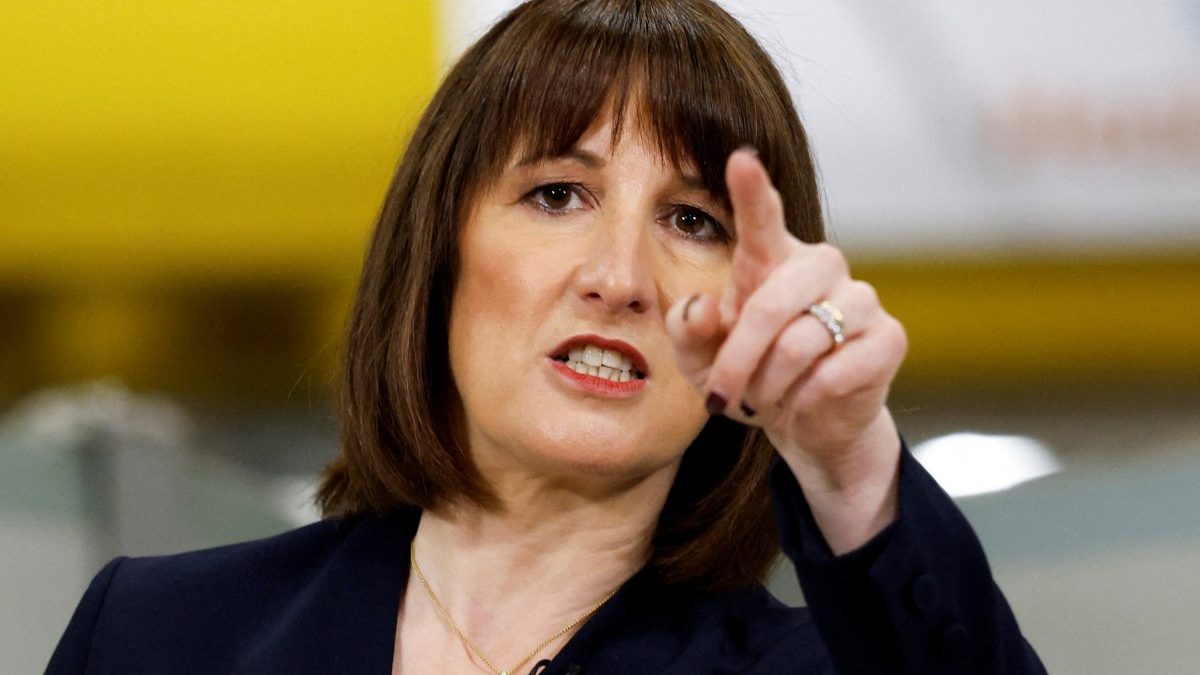Experts are divided over whether or not new pension rules are positive or not for savers
New rules will make it easier for pension funds to dip into extra cash they have built up to pay for their employees’ pensions – but civil servants have admitted the move comes with risks.
Proposed changes would allow employers offering staff defined benefit (DB) pensions schemes that give workers a guaranteed payment each year in retirement, to extract surplus funds from their pots.
DB pension schemes are now rarely offered by private employers but used to be more common – workers pay each year to be members of the schemes and in return are promised a set income annually once they retire.
But many schemes have built up funds over and above the size needed to pay their obligations to their employees, and proposed rules will make it easier for these excess funds to be used, either to help employees or to reinvest in the business in other ways.
Here’s how experts think the changes could impact you.
What are DB pensions and how do they work?
With DB pensions, you don’t pay into your own pension pot, and instead your employer is responsible for managing a series of investments in order to pay you a pre-agreed annual income in your later years.
They are now uncommon for new employers aside from in the public sector but there are still around 9.6 million people in them, according to Government figures.
The funds use money contributed by employees themselves and the employer to pay their obligations.
The new rules, coming as part of the Pension Schemes Bill, lower the threshold at which pension trustees – the people responsible for managing the best interests of scheme members and employers – can access the cash in these funds, if they have more than needed.
Why would the Government make the change?
Some experts say there is a positive side to the changes, as it allows for a more productive use of the cash.
Sir Steve Webb, former pensions minister and now a partner at LCP, explained: “There really is a huge amount of ‘surplus’ funds in these company pension schemes; for example, they are sitting on roughly £100bn over-and-above what they would need to hand the whole scheme over to an insurance company which would guarantee the pensions.
“This money is not doing much, and could benefit both the members of the scheme and the company, which has put in the lion’s share of the money.
“Members might be offered a share of the surplus in the form of more generous inflation increases each year, whilst the company might get some money back to spend on their business, or on improving the pensions of today’s workforce.”
Sir Steve said that employees would also not be able to simply “dip” into the funds at will.
“The decision is made by trustees who have to act in the interests of the members; they will look at things like how much spare cash there is, how strong the company is, for example, and form a balanced judgment. They tend to be cautious by nature and will want to make sure they are not taking inappropriate risks.”
Experts warn things could turn ‘sour’
Despite the positives that could come from the move, other experts have also warned of potential risks.
The Government’s own impact assessment offers up some potential risks from the change.
It warns: “A scheme surplus can act as a financial cushion for members, to absorb unexpected costs or investment losses for the scheme. Without this cushion, the scheme may be more likely to struggle to meet its obligations to members, especially in times of financial stress or economic shocks.”
Rachel Vahey, of investment platform AJ Bell, also warned of potential downsides to the changes.
She explained that although DB schemes were currently in good health, their fortunes “could turn sour almost overnight.”
“The nine million people who are members of defined benefit schemes will be relying on these so-called “gold-plated schemes” for their security in retirement. Allowing employers to dip into funds when the sun shines goes against common sense and could only end in tears,” she said.
How much could it cost people and what happens if things do go wrong?
The expectation is that this won’t cost people anything.
Sir Steve Webb said that in the worst-case scenario, where funding levels for the pension schemes fell, then they would be protected, at least in part, by something known as the Pension Protection Fund (PPF).
This is an organisation that protects members of DB pension schemes if their employer becomes insolvent.
The exact level of protection you would get depends on your age.
Full compensation is paid to those who have reached their scheme’s normal pension age, are receiving an ill-health pension, or are receiving a survivor’s pension, while 90 per cent compensation is generally paid to those below their normal pension age at the time the scheme encounters its problems.
